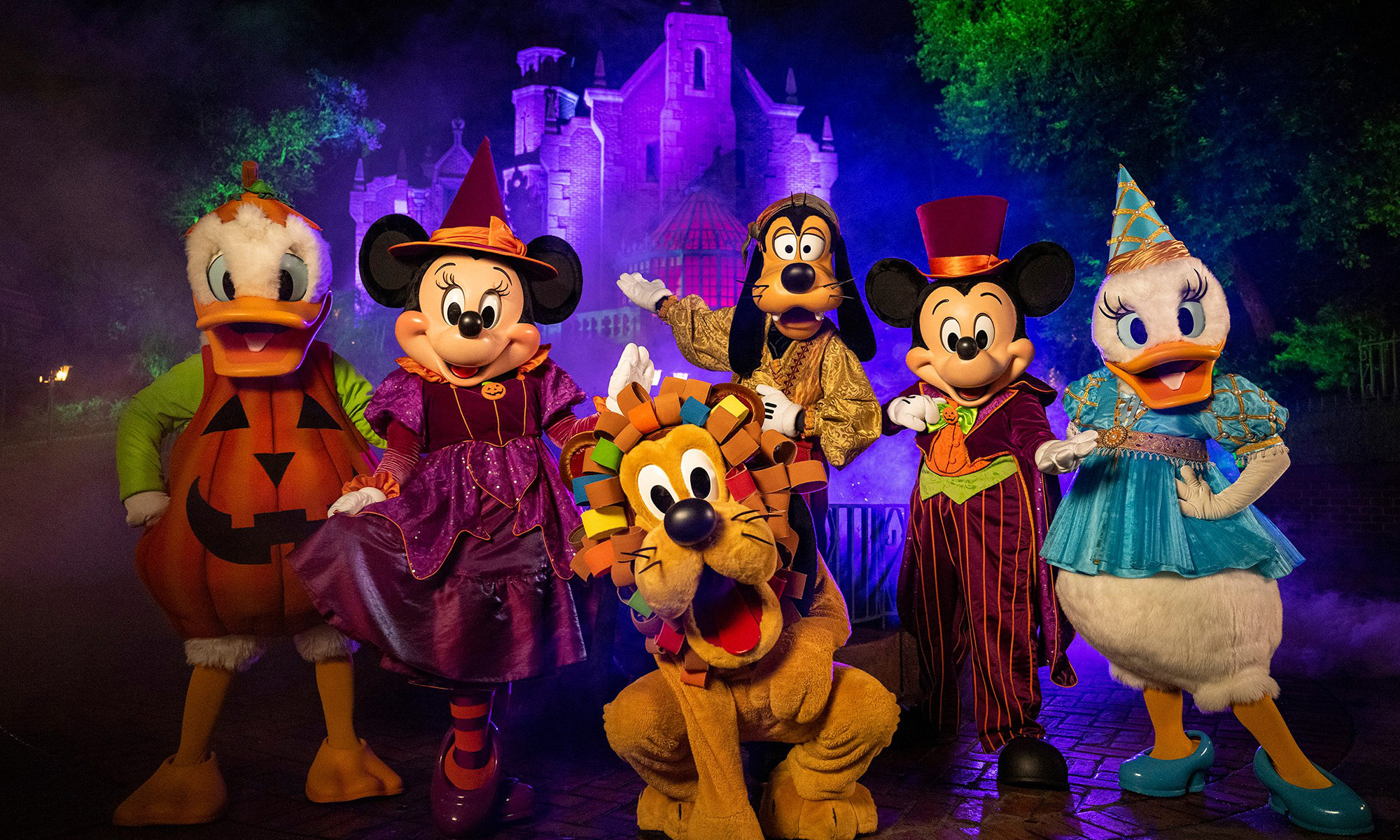It's a new calendar year for Walt Disney (DIS +0.77%) investors, and so far, 2023 looks pretty good. Shares of the media giant surged 8% in the first four days of trading in 2023, well ahead of the market's mere 1% uptick.
With its theme parks rocking, the bottom-line prospects for Disney+ improving, and its dominance at the box office in full display, the family entertainment giant is showing what it can do when headwinds become tailwinds. However, with fears of a global recession strengthening as 2023 plays out, it's not as if Disney is out of the Hundred Acre Wood.
Let's look at how momentum is back on Disney's side right now. Don't worry, pessimists -- we'll also look at the real challenges that remain out there.

Image source: Disney.
It's a great big beautiful tomorrow
Optimism began to bubble up when Bob Iger returned as CEO in late November. It was an unexpected move, but what was even more surprising was that the stock would go on to continue its slide with the well-regarded Iger at the helm. Disney's stock plummeted 44% in 2022, including a 5% drop following the dismissal of CEO Bob Chapek.
Iger has only painted in broad strokes his plans since resuming the role he embraced for 15 years before stepping away just as the pandemic was starting. However, he has made it clear that putting an end to widening deficits at Disney+ is a top priority.
The direct-to-consumer segment that is anchored by Disney+ delivered a shocking $1.5 billion operating loss in Disney's latest quarter. Boosting the monthly rate of Disney's commercials-free streaming service by 38% last month and the rollout of a discounted ad-supported tier -- moves already announced during the Chapek tenure -- will help lighten the red ink on that front.

NYSE: DIS
Key Data Points
Iger has also suggested giving the company's creative talent more say in upcoming releases. Initial reports when Avatar: The Way of Water came out in December argued that the movie would have to gross $2 billion in movie ticket sales to justify its lofty production budget.
It didn't seem possible, with multiplex popularity in a secular decline, but here we are just three weeks later with the film topping $1.7 billion in box office receipts worldwide. It's good luck early in Iger's term, but -- again -- that's something that was already in play under Chapek's watch.
Disney theme parks have been a bright spot for the media giant lately. Price hikes and the addition of premium offerings have been a sore spot for die-hard fans, but revenue per guest is up 40% compared to what the domestic parks were generating before the pandemic. This figure likely moved higher in the fiscal first quarter that ended last week after even more pricing and policy moves kicked in during Chapek's final days at the top.
There are pressure points in the success. Iger sent a letter to passholders over the holidays, hitting all the right warm and fuzzy tones that Chapek was never able to play. The challenge for Iger here is if he can strike the right balance of monetization without alienation.
Momentum is strong across many of Disney's segments right now, but there's no escaping reality: Inflation and rising interest rates will make 2023 a year in which consumers become more choosy when it comes to spending their hard-earned money. The strong dollar will make attracting international visitors more difficult. Disney continues to be a hit factory, but duplicating the success of the Avatar sequel is no longer a given, as multiplex operators continue to struggle to fill seats and turn a profit.
It may never be a perfect operating climate for media stocks in the new normal. Disney's stock obviously won't go up 8% every week this year. The upticks are welcome, and the public has yet to see the defining decisions that Iger will make in his second run as CEO.
In short: This should be the year that the House of Mouse bounces back, but don't ignore the plot twists that can derail a storybook ending for Iger's tenure.





